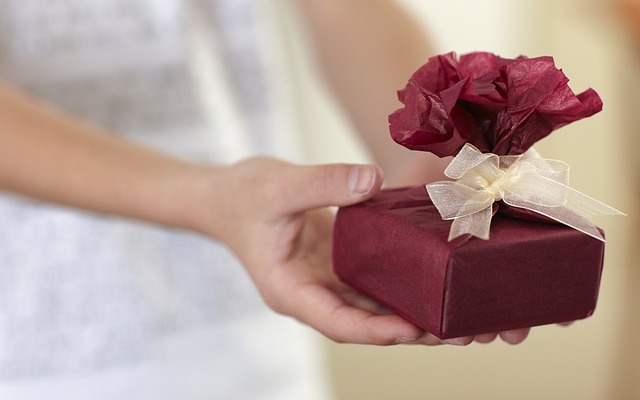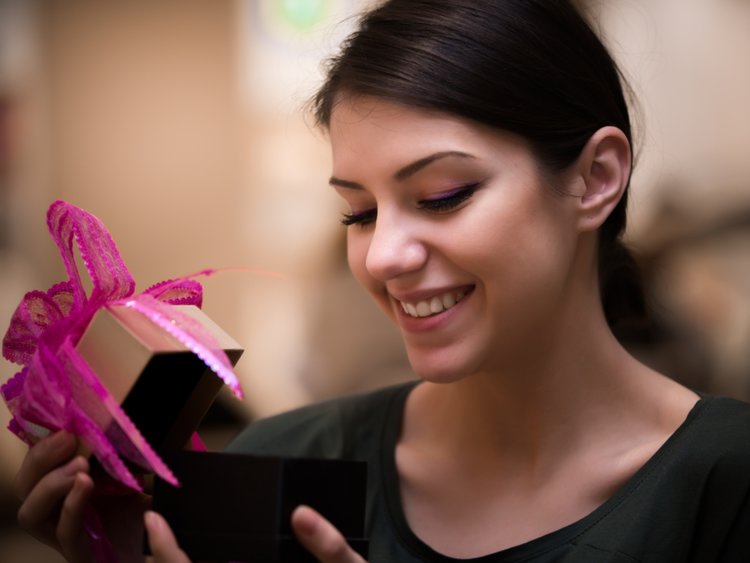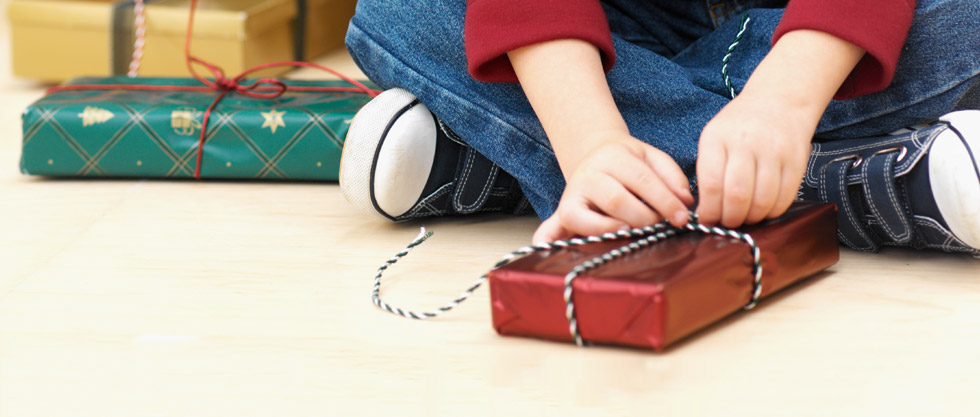When my mom died a few years ago, my siblings and I were discussing the many ways life would be different without her. “No more presents,” my brother noted.
My mother was passionate about gifts. As an adult, I often urged her to stop giving presents and spend the money on herself, but she refused. She liked giving gifts too much.

Gift giving has long been a favorite subject for studies on human behavior, with psychologists, anthropologists, economists and marketers all weighing in. They have found that giving gifts is a surprisingly complex and important part of human interaction, helping to define relationships and strengthen bonds with family and friends. Indeed, psychologists say it is often the giver, rather than the recipient, who reaps the biggest psychological gains from a gift. Frustrated by crowds, traffic and commercialism, people can be tempted at this time of year to opt out of gift giving altogether. A 2005 survey showed that four out of five Americans think the holidays are too materialistic, according to the Center for a New American Dream, which promotes responsible consumption.

But while it’s reasonable to cut back on spending during the holidays, psychologists say that banning the gift exchange with loved ones is not the best solution. People who refuse to accept or exchange gifts during the holidays, these experts say, may be missing out on an important connection with family and friends.
“That doesn’t do a service to the relationship,” said Ellen J. Langer, a Harvard psychology professor. “If I don’t let you give me a gift, then I’m not encouraging you to think about me and think about things I like. I am preventing you from experiencing the joy of engaging in all those activities. You do people a disservice by not giving them the gift of giving.”
The social value of giving has been recognized throughout human history. For thousands of years, some native cultures have engaged in the potlatch, a complex ceremony that celebrates extreme giving. Although cultural interpretations vary, often the status of a given family in a clan or village was dictated not by who had the most possessions, but instead by who gave away the most. The more lavish and bankrupting the potlatch, the more prestige gained by the host family.
Some researchers believe evolutionary forces may have favored gift giving. Men who were the most generous may have had the most reproductive success with women. (Notably, the use of food in exchange for sexual access and grooming has been documented in our closest ape relative, the chimpanzee.) Women who were skilled at giving — be it extra food or a well-fitted pelt — helped sustain the family provider as well as her children.
Margaret Rucker, a consumer psychologist at the University of California, Davis, says men are typically more price-conscious and practical when it comes to the gifts they give and get, while women tend to be more concerned about giving and receiving gifts with emotional significance.
Dr. Rucker says she often recounts the story of a man who climbed a tree to retrieve a robin’s egg that matched his girlfriend’s blue eyes. “Women say, ‘Oh, how romantic,’” she said. “But men say, ‘That’s the dumbest thing I’ve ever heard of, and also what about the mama bird?’”
Gender differences in gift giving seem to emerge early in life. Researchers at Loyola University Chicago studied 3- and 4-year-olds at a day-care center, all of whom had attended the same birthday party. The girls typically went shopping with their mothers and helped select and wrap the gift. Boys, meanwhile, were often unaware of what the gift was. “They’d say, ‘I took a nap while my mom went shopping for it,’” said Mary Ann McGrath, the associate dean of the graduate school of business at Loyola.

Gift giving is often the most obvious way a partner can show interest, strengthen a bond or even signal that a relationship should end. One colleague of Dr. Rucker’s noted that she knew her marriage was over when her husband handed her a gift in a brown grocery bag.
People who stop giving gifts lose out on important social cues, researchers say. “Who is on your gift list is telling you who is important in your life,” Dr. McGrath said. “It says who is more important and who is less important.”
But the biggest effect of gift giving may be on ourselves. Giving to others reinforces our feelings for them and makes us feel effective and caring, Dr. Langer said.
For a glimpse into the psychology of giving, researchers at Virginia Commonwealth University recently studied gift giving by pet owners, finding that it stemmed from a desire to make pets happy and offer gifts that would improve a pet’s comfort and care. The research, to be published next year, may seem frivolous, but it also gives insight into the self-serving nature of giving, since pets can’t reciprocate, the researchers note.
“When you’re giving to another person, you have this pressure of reciprocity, but it’s not there with a pet,” said Tracy Ryan, an associate professor of advertising research at Virginia Commonwealth. “It shows that a lot of the pleasure is in the giving, knowing you’ve taken care of someone.”
